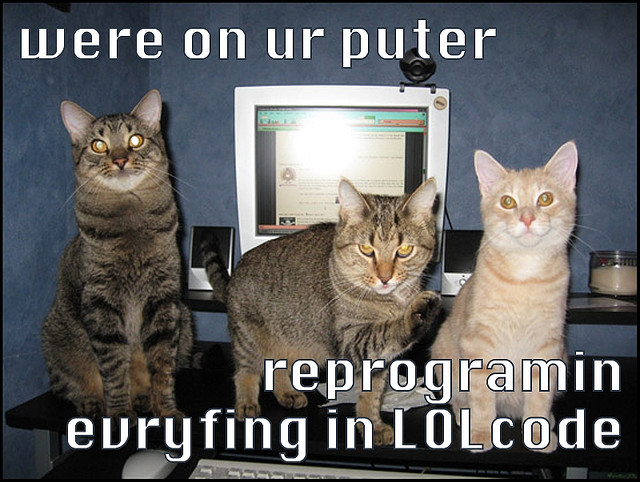My young padawan,
Here are some tools that we will be using while we learn. I gathered these tools from the internet because I think there is some great stuff out there. I encourage you to explore other courses, but only after you finish this one of course. We don’t want you to lose focus, now do we? :)
What Will We Be Using?
Introducing MIT OpenCourseWare.
For ten years, MIT OpenCourseWare has published MIT’s core academic materials-syllabi, lecture notes, assignments and exams-freely and openly on the web for anyone to learn from. Learn they have: with more than 170 million people viewing OCW materials since the site’s launch, it’s clear there’s a whole lot of learning going on. And since it’s what the MIT students get, you know it’s got to be good.
OCW has more than 2,180 courses, so have a good look around, but for purposes of this class we’ll only be using one:
A Gentle Introduction to Programming Using Python – A three week course offered at MIT. This course will provide the basic structure of the Mechanical MOOC course, though we’ll take six weeks to do it. After all, why hurry? We’ll use the text, handouts and homework assignments.
Keep in mind: These materials are published just the way MIT students got them, so they may contain class instructions that don’t apply to us working on this course; if you get confused, follow the information in the e-mails or ask for help on the discussion forums.
Introducing Codecademy
Learning a coding language can be a little intimidating, especially if you’ve never programmed before. There’s special software to download and learn and you need to understand a bit more about how a computer works than the average user. When you’re just getting started, it would be great if you could just ignore all of that and just focus on the basics. With Codecademy , you can. The site provides great exercises for learning Python, Javascript, jQuery, HTML, CSS and lots of other things you may not have heard of–and they all run in your browser without any download or set up. Pretty slick.
What will we be using?
Their Python exercises , of course.
Something to remember.
Codecademy Python exercises are written in Python 2.7, and the rest of the class uses 2.6. The differences should not for the most part affect the class, but you can see what’s different here.
What do I do, if I encounter a problem?
I encourage you to see problems as learning opportunities. To wit:
- If you’re stuck and want a quick question answered, consult forums. I am hanging there day and night.
- If you’re looking to discuss problems or work through them with other people, think about forming for a small group in your local community by finding people that are as motivated as you are to study with you.


–Your mechanical friend MOOC-E